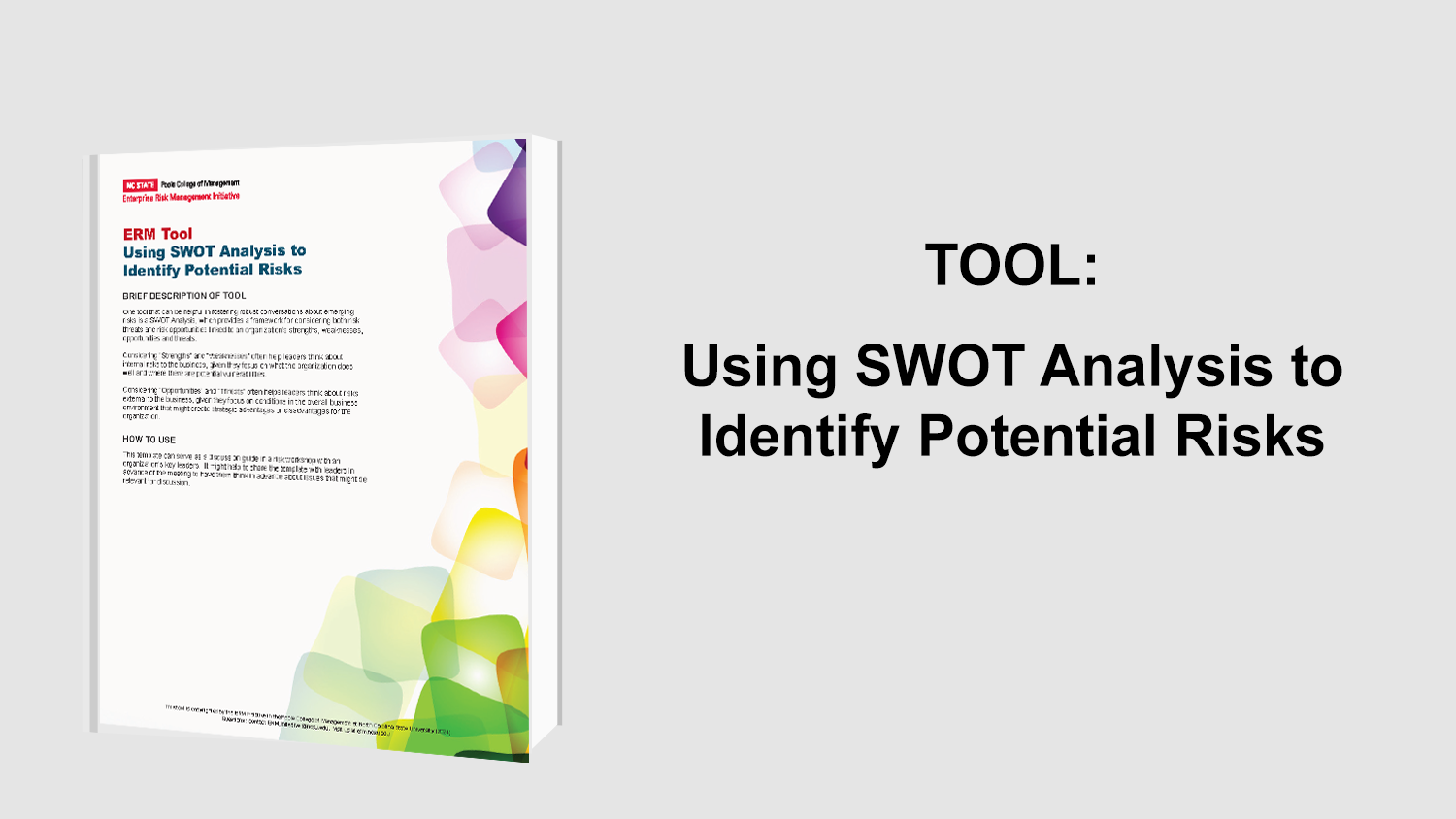Focusing efforts on ESG goals is ‘just good business’
In my role as associate director of the enterprise risk management (ERM) initiative in the N.C. State University Poole College of Management, I frequently observe the difficulty many organizations experience in establishing, communicating and executing their Environmental, Social and corporate Governance (ESG) goals.
ESG, as you are likely aware, is the broad umbrella term we use for an organization’s environmental, social and governance practices, and for the collective efforts made to demonstrate how an entity behaves with respect to environmental stewardship; the management of relationships with its employees, suppliers, customers and communities; and how the organization is structured to provide sensitive and informed decision-making to create and enhance stakeholder value.
Over the last two decades, I have observed a significant transition in many organizations from one of shareholder primacy to an expanded focus on the array of stakeholders an entity engages with. In addition to investors (who, make no mistake, are still important), many organizations are acknowledging a responsibility to their employee workforce, their customers and to their communities to contribute to the common good. The environmental component of ESG has likely been under examination for the longest time period, dating back to the 1970s, as pollution and other forms of environmental degradation became more apparent. More recently we have seen many organizations take a more public stance on the issue of racial and economic equity and the embrace of diversity, equity and inclusion.
A fundamentally important question in all of this is: Why now? What is driving this renewed and expanded interest in ESG-related topics?
For many organizations it has become increasingly apparent that time spent on exploring how to become a more sustainable and socially responsible enterprise is just good business. Today’s generation of consumers and employees are demanding more from the businesses they work for and engage with than ever before. There is a growing demand for both authenticity and accountability in how organizations fulfill their mission. In return for this transparency and effort, businesses are rewarded with increased sales of their products and services and a more stable and invested workforce.
A report from the professional services firm EY identifies several benefits associated with enhanced efforts in the ESG space.
First, they state that environmental disclosure quality and firm value have a positive relationship. That is, the market rewards a good-faith effort to provide a clear picture of what an organization is doing (and what they plan to do) to improve their environmental impact. In addition, it seems investors increasingly prefer to invest in transparent enterprises due to higher stakeholder-manager trust and a better understanding of what is happening inside organizations. Also, the lift required to develop the information disclosed in a sustainability report often translates into insights that trigger innovation and process improvements for the entity and they may be better able to predict and manage risks arising from sustainability-related dimensions of the business. Finally, investments in ESG efforts often acts to enhance reputation. Stakeholders of all types are increasingly drawn to those organizations viewed as taking active and tangible steps towards the fulfillment of ESG goals.
So, the message is, get started! And if you are already making good progress, stay the course. It’s likely you are already realizing some of the benefits discussed above, and that is a great start to becoming a universally recognized example of a socially responsible entity.
Bruce Branson is the associate director of the ERM initiative at N.C. State’s Poole College of Management.
- Types:


